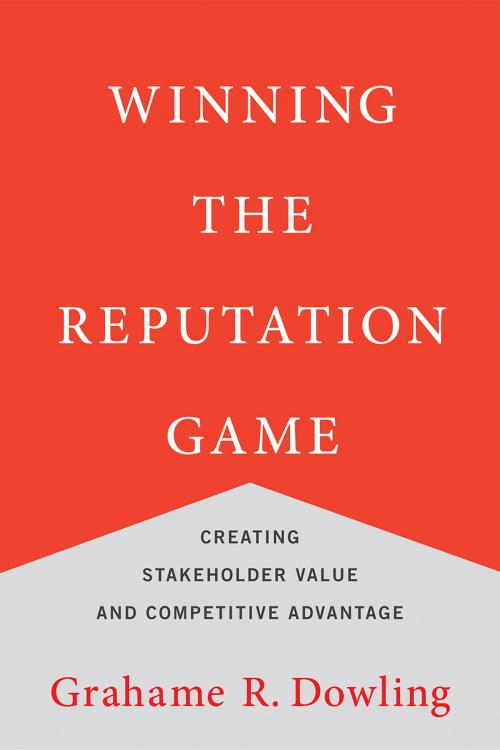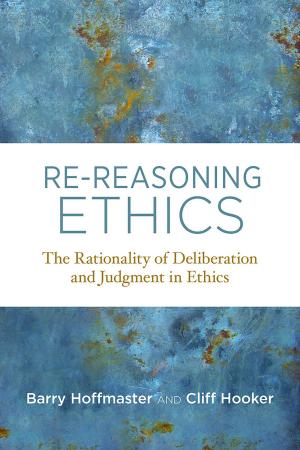Winning the Reputation Game
Creating Stakeholder Value and Competitive Advantage
Business & Finance, Marketing & Sales, Public Relations, Business Reference, Business Ethics| Author: | Grahame R. Dowling | ISBN: | 9780262335096 |
| Publisher: | The MIT Press | Publication: | April 22, 2016 |
| Imprint: | The MIT Press | Language: | English |
| Author: | Grahame R. Dowling |
| ISBN: | 9780262335096 |
| Publisher: | The MIT Press |
| Publication: | April 22, 2016 |
| Imprint: | The MIT Press |
| Language: | English |
Core strategies for creating a corporate reputation that will provide a competitive advantage in the marketplace: a back-to-basics approach.
What does a company have to do to be admired and respected? Why does Apple have a better reputation than, say, Samsung? In Winning the Reputation Game, Grahame Dowling explains. Companies' reputations do not derive from consultant-recommended campaigns to showcase efforts at corporate transparency, environmental sustainability, or social responsibility. Companies are admired and respected because they are “simply better” than their competitors. Companies that focus on providing outstanding goods and services are rewarded with a strong reputation that helps them gain competitive advantage.
Dowling, who has studied corporate reputation–building for thirty years, describes two core strategies for creating a corporate reputation that will provide a competitive advantage: to be known for being Best at Something or for being Best for Somebody. Apple, for example, is best at personal technology products that enhance people's lifestyles. IKEA is best for people who want well-designed furniture at affordable prices.
Dowling covers such topics as the commercial value of a strong reputations—including good employees, repeat customers, and strong share price; how corporate reputations are formed; the power of “being simply better”; the effectiveness of corporate storytelling (for good or ill; Kenneth Lay of Enron was a master storyteller); and keeping out of trouble.
Drawing on many real-world examples, Dowling shows how companies that are perceived to be better than their competitors build strong reputations that reflect past success and promise more of the same. Companies that artificially engineer a reputation with irrelevant activities but have stopped providing the best products and services available often wind up with mediocre—or worse—reputations.
Core strategies for creating a corporate reputation that will provide a competitive advantage in the marketplace: a back-to-basics approach.
What does a company have to do to be admired and respected? Why does Apple have a better reputation than, say, Samsung? In Winning the Reputation Game, Grahame Dowling explains. Companies' reputations do not derive from consultant-recommended campaigns to showcase efforts at corporate transparency, environmental sustainability, or social responsibility. Companies are admired and respected because they are “simply better” than their competitors. Companies that focus on providing outstanding goods and services are rewarded with a strong reputation that helps them gain competitive advantage.
Dowling, who has studied corporate reputation–building for thirty years, describes two core strategies for creating a corporate reputation that will provide a competitive advantage: to be known for being Best at Something or for being Best for Somebody. Apple, for example, is best at personal technology products that enhance people's lifestyles. IKEA is best for people who want well-designed furniture at affordable prices.
Dowling covers such topics as the commercial value of a strong reputations—including good employees, repeat customers, and strong share price; how corporate reputations are formed; the power of “being simply better”; the effectiveness of corporate storytelling (for good or ill; Kenneth Lay of Enron was a master storyteller); and keeping out of trouble.
Drawing on many real-world examples, Dowling shows how companies that are perceived to be better than their competitors build strong reputations that reflect past success and promise more of the same. Companies that artificially engineer a reputation with irrelevant activities but have stopped providing the best products and services available often wind up with mediocre—or worse—reputations.















